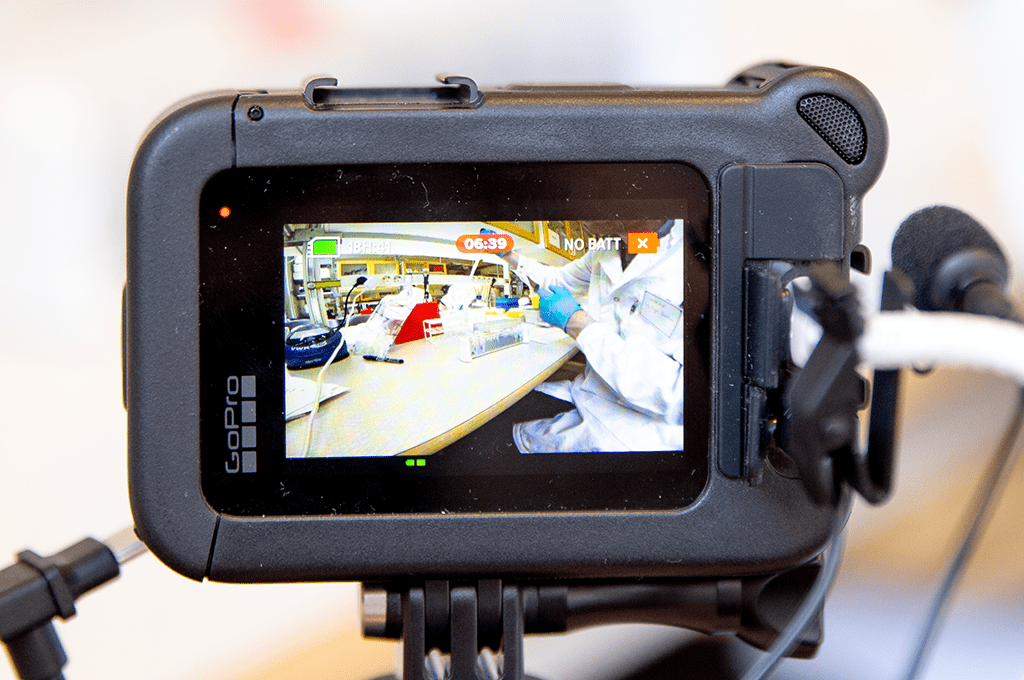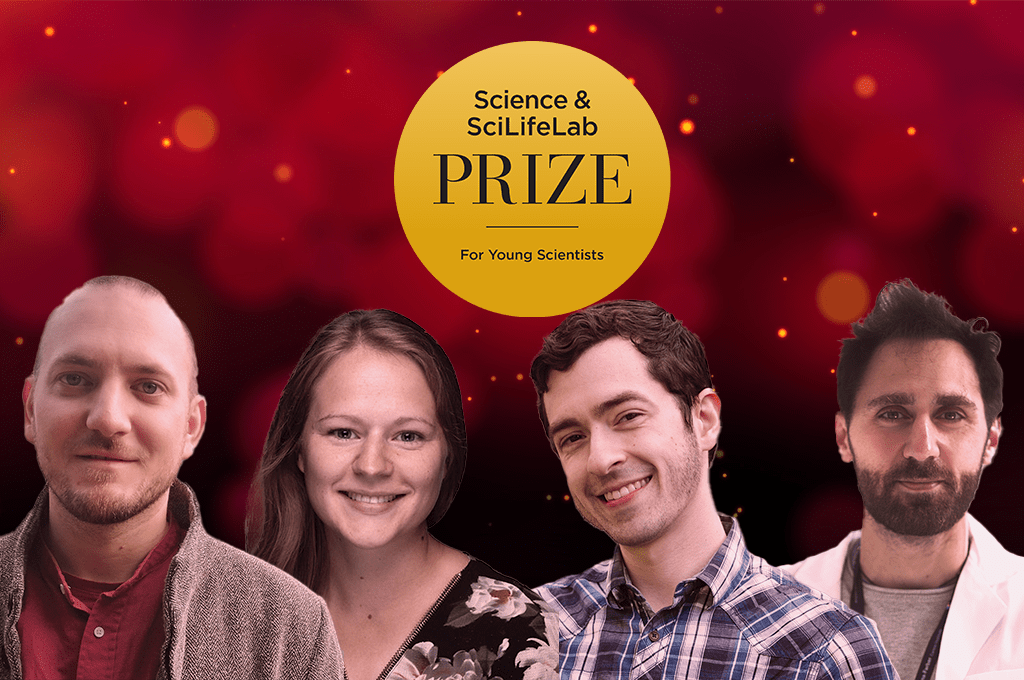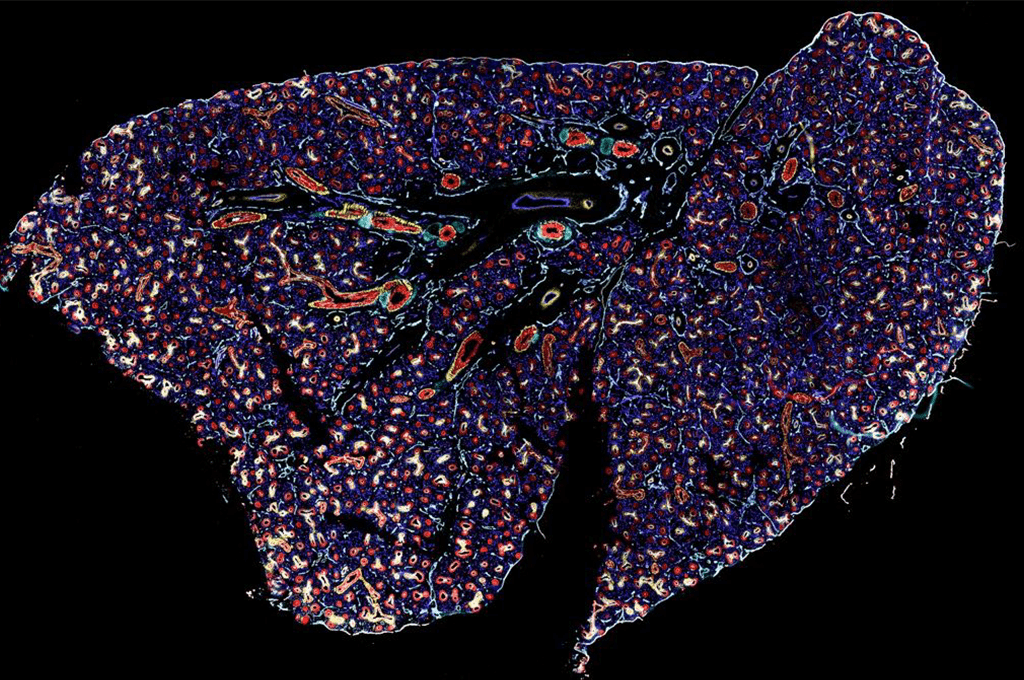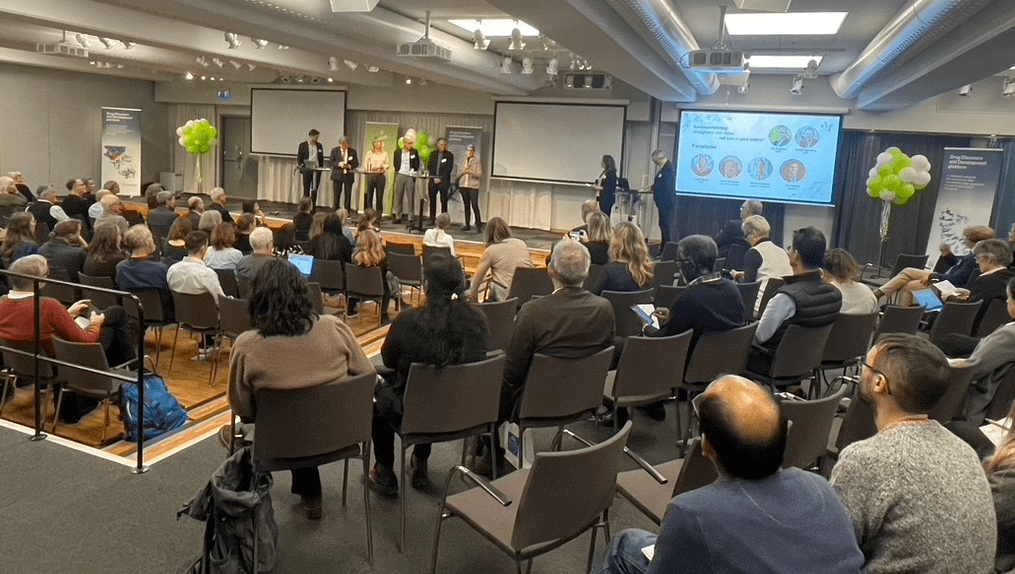PANCAID: EU-funded project to develop a blood test for early detection of pancreatic cancer
SciLifeLab researchers Masood Kamali-Moghaddam (UU) and Daniel Globisch (UU) are part of a large EU project called PANCAID that recently had its kick-off in Hamburg, Germany. Methods developed by Kamali’s and Globisch’s research groups will help achieve the project’s main objective: to create a minimally invasive blood test for early detection of pancreatic cancer and its precursor lesions.
PANCAID, an acronym for Pancreatic Cancer Initial Detection via liquid biopsy, is a 5-year-long EU-funded project that officially started in January. The project includes 17 partners from eight countries (Germany, Sweden, Spain, Austria, Belgium, France, Israel, and the United Kingdom) and is part of the Horizon Europe program and EU Mission: Cancer.
“Being part of this interdisciplinary EU project is a fantastic opportunity for us to continue our biomarker discovery for pancreatic cancer. I am especially excited as our contribution is built on the Chemical Biology methodologies developed and collaborations established during my time as a SciLifeLab Fellow”, says SciLifeLab researcher Daniel Globisch.
In the project, they will collect and analyze blood samples from patients with pancreatic cancer, its precursor lesions, and individuals at risk (for example, patients with a genetic predisposition). Thereafter, they will attempt to identify the best possible composite biomarker panel using artificial intelligence (AI)-assisted computational analysis. Based on these findings, a blood test will be established and validated. The aim is to gain new insights into the biology and pathophysiology of pancreatic cancer and fill a significant gap in diagnosing one of the most malignant cancers, and at the end of the project, launch a multicentre randomized clinical trial to investigate the efficacy of the new blood tests.
Improving the treatment and outcomes of pancreatic cancer
Pancreatic ductal adenocarcinoma (PDAC), the most common type of pancreatic cancer, usually comes with hard-to-detect milder symptoms such as weight loss, pain in the abdomen or back, loss of appetite, or nausea at later stages. Most patients with this type of pancreatic cancer die within a year of diagnosis, making early detection and diagnosis incredibly important.
The technologies for the detection and characterization of extracellular vesicles/exosomes developed by Kamali’s team and Chemical Biology methods for metabolomic research developed by Globisch’s team will be utilized in this project to analyze the blood samples and identify potential biomarkers. “It is a great opportunity for us to contribute with our advanced technologies developed at UU and SciLifeLab to address the shortcomings in early diagnostics and treatment of one of the most malignant cancers”, says Masood Kamali-Moghaddam, SciLifeLab Platform Director.






